Professional and Personal Values: A Critical Analysis of Baby Trade
VerifiedAdded on 2023/06/09
|5
|741
|213
Essay
AI Summary
This essay critically examines the ethical implications of the commercial baby trade, focusing on practices like sperm donation, surrogacy, and In Vitro Fertilisation (IVF). It highlights the shift from non-commercial uses of Artificial Insemination (AI) to a market-driven approach where sperm and eggs are rated and sold based on donor qualities. The essay discusses how surrogacy has evolved into a “reproductive supermarket,” where women and children are seen as commodities. It further analyses how IVF and technologies like Advanced Cell Technology (ACT) contribute to the notion of customizing babies, raising concerns about the commodification of children and the erosion of the natural bond between mother and child. The essay concludes by emphasizing that children should not be treated as commodities, yet they are being sold in various forms, posing a serious ethical challenge.
1 out of 5
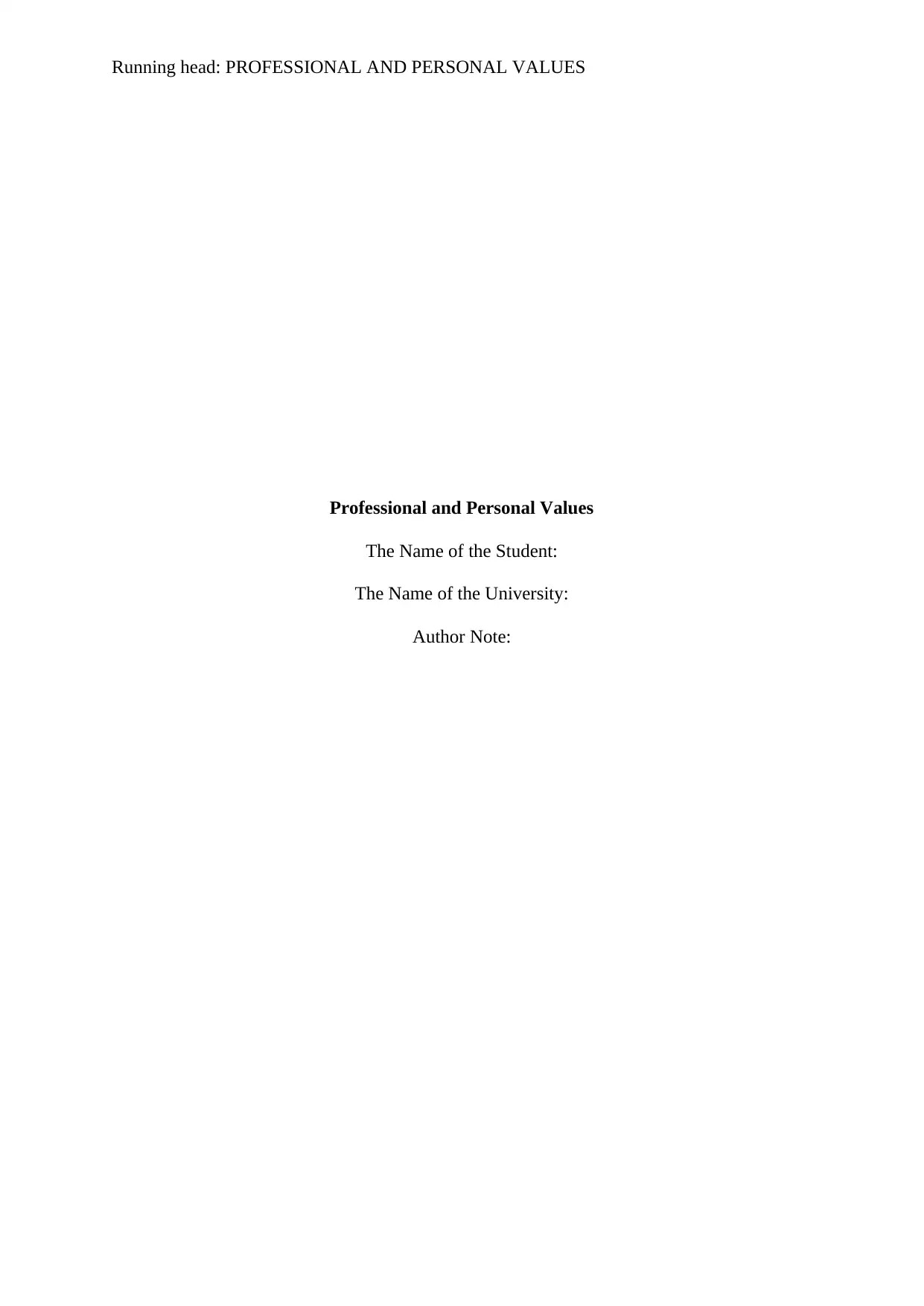
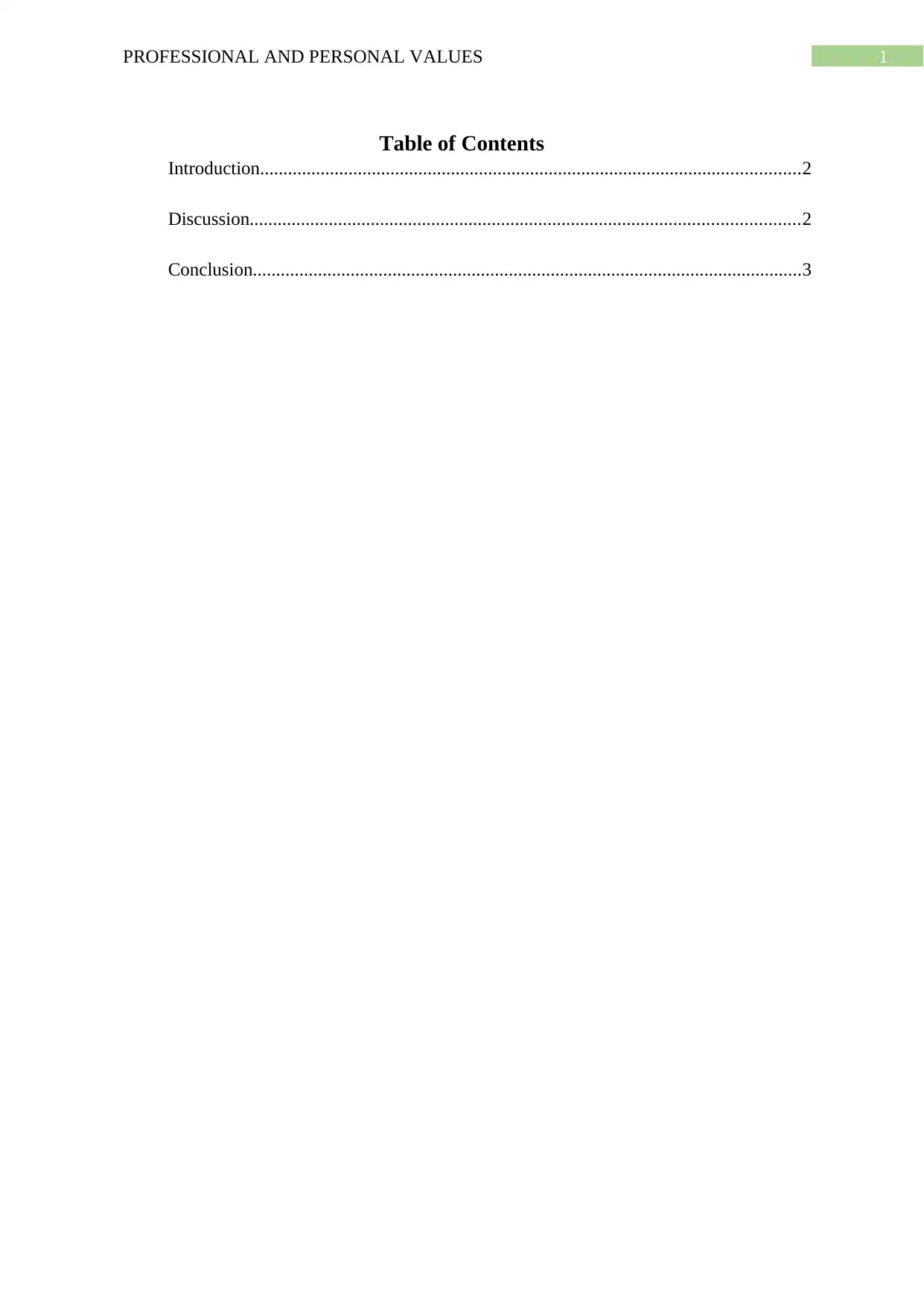
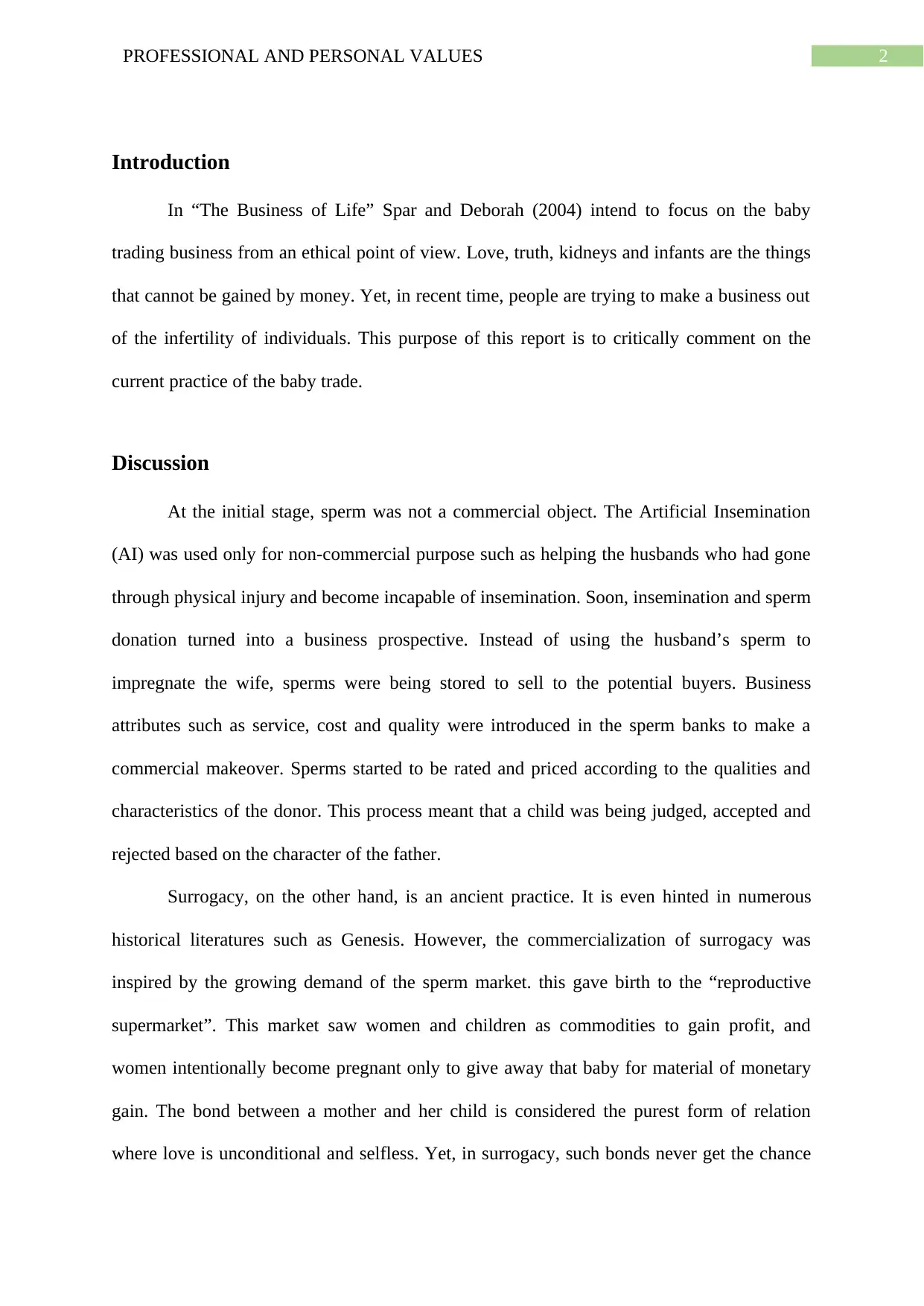

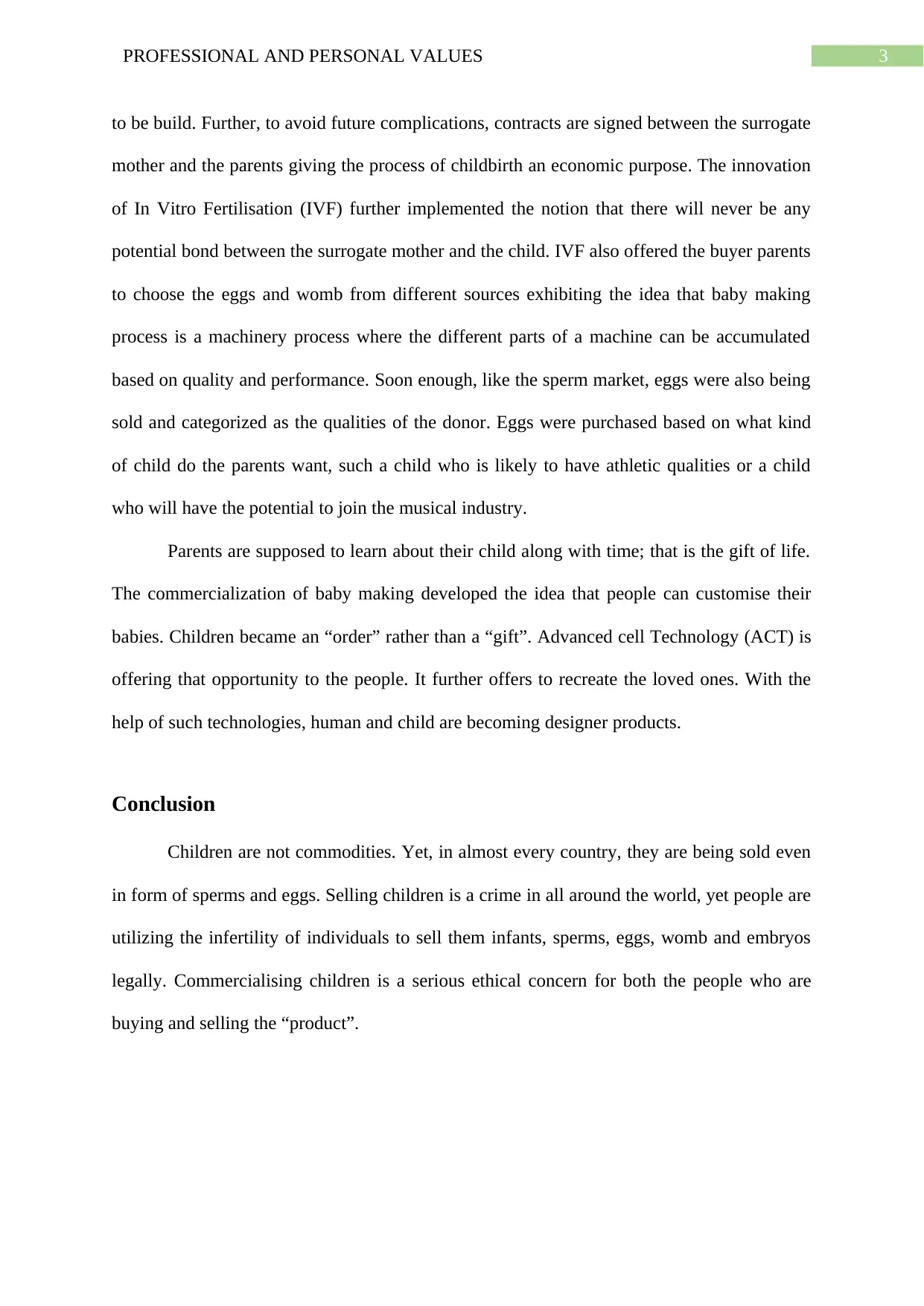
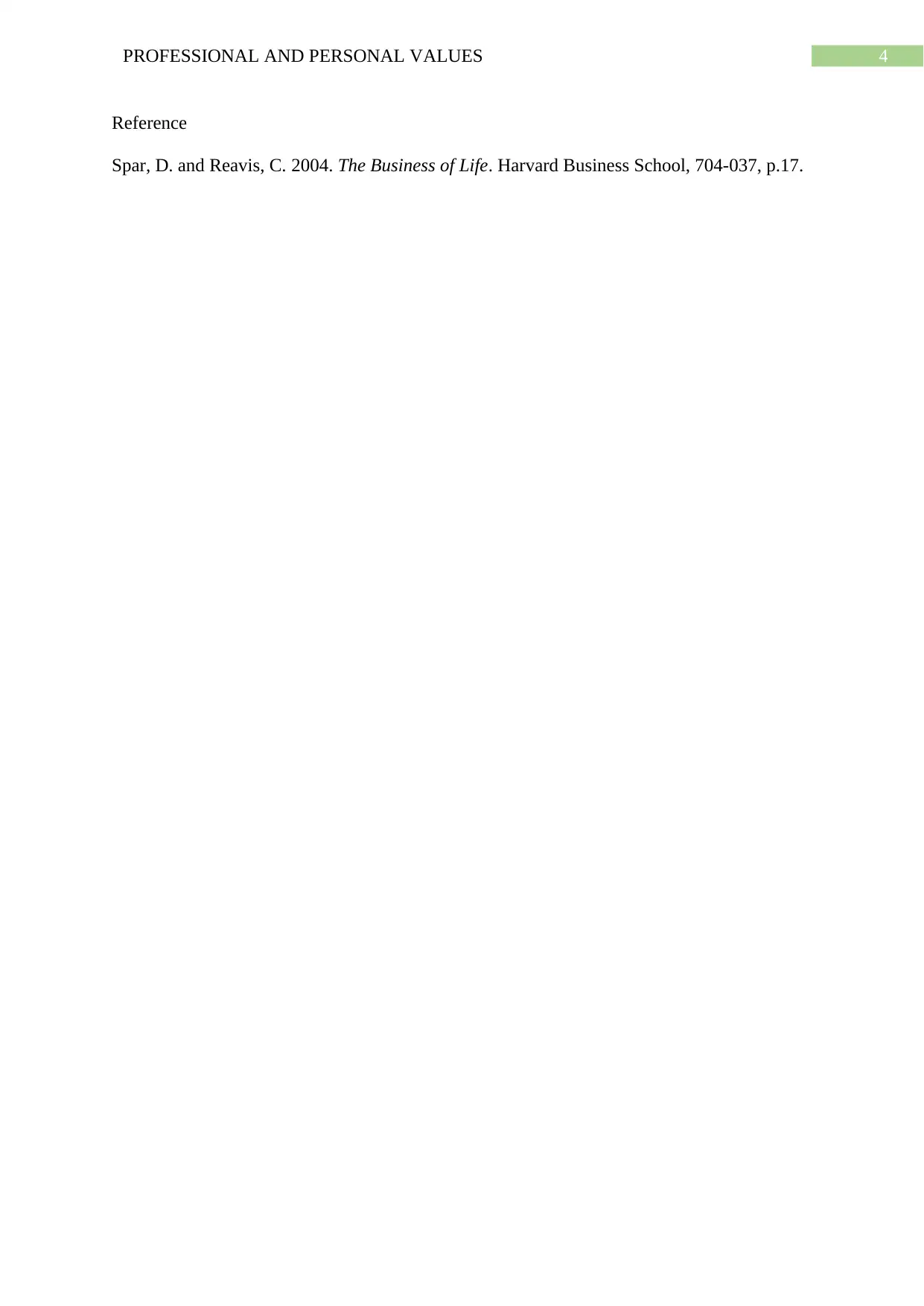


![[object Object]](/_next/static/media/star-bottom.7253800d.svg)